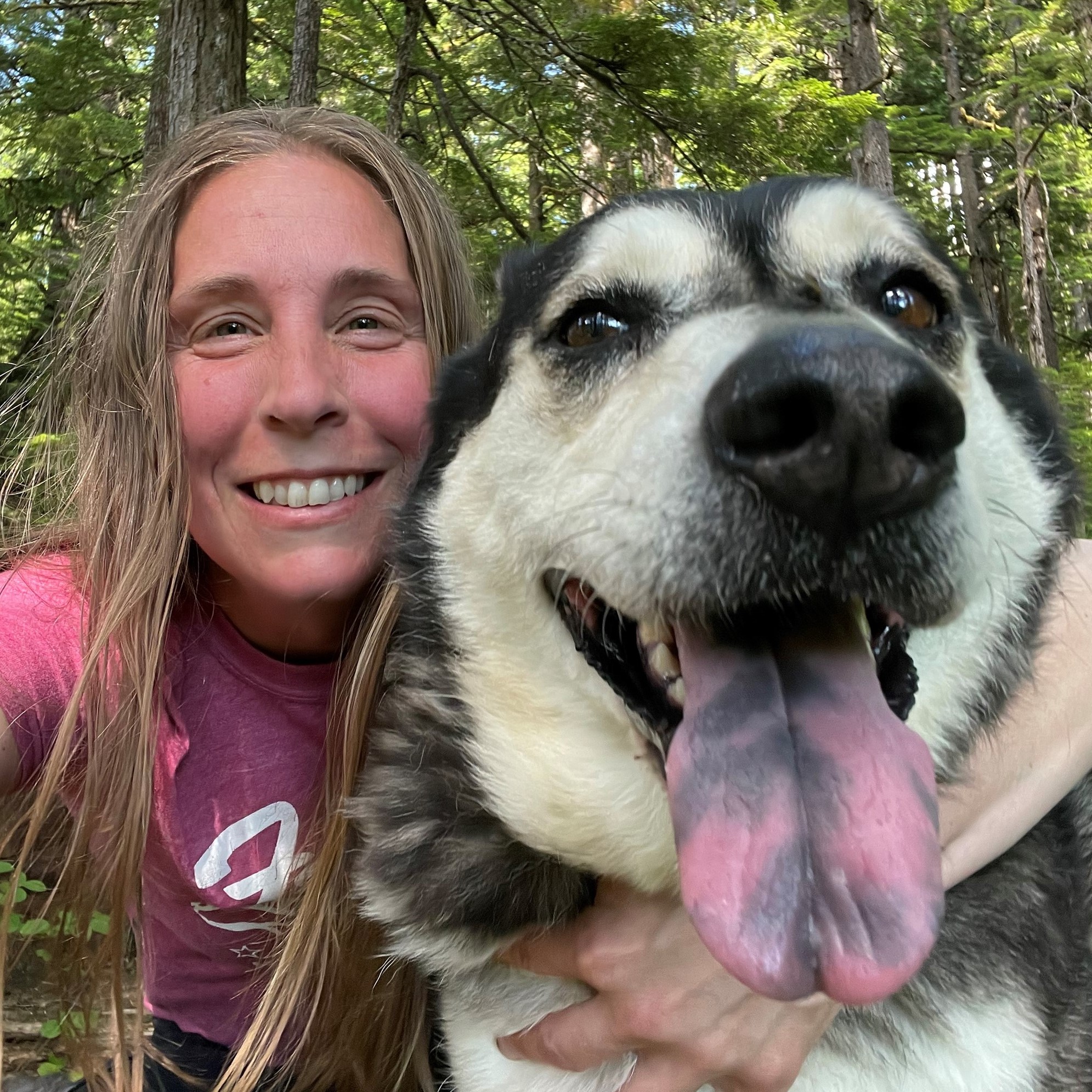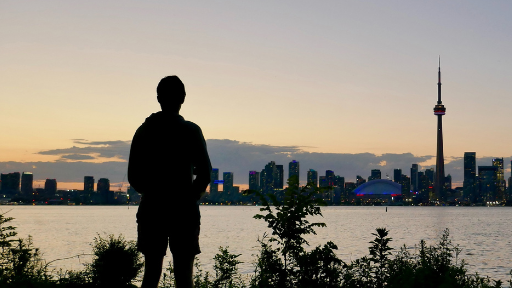People experiencing deep poverty describe how discrimination and stigma can be significant roadblocks on the journey to better circumstances, and how important it is to shift the assumption that poverty is ‘normal’.
Living in poverty means suffering on many levels, and those living it most often know exactly what they need. Every person has a story. Listening can undo assumptions and break down barriers. Listening can help us better understand gaps and barriers to accessing services.
Understanding the circumstances and complex challenges faced by people living in deep poverty is the first step to creating collaborative change. A walk to remember: Hearing Martin’s Story is really the story of two people walking together, creating a safe space for conversation and acknowledgement while connecting to their shared humanity. It is also a story that reminds us that, even as individuals, we can make a difference.
– Jill Zacharias, BC Manager of Growth and Impact – Communities Ending Poverty, Tamarack Institute
This is the story of Martin, a man I met in Vancouver, BC, while in town attending a Tamarack Cities Reducing Poverty members’ gathering.
Turning around
I had been walking the streets of Vancouver for days. I saw people weathered by addiction, violence, hopelessness, malnutrition and deteriorating mental health. But when I passed by Martin something compelled me to turn around.
Of all the people and all the requests, I couldn’t deny Martin’s: Please help I need clothes and a blanket.
His body posture told me of total defeat.
As I stood building courage, someone handed him a half-eaten pie, for which he gave thanks. It gave me an extra moment to think about things like not getting to choose what, or if you eat, and what sleeping outside does to your body night after night. With these thoughts, I approached Martin and said: Do you want to come with me? I’ll buy you some clothes. After a long thoughtful moment, he said “Okay.” Talking, we set off for a store several blocks away.
When bad things happen to good people
Martin told me about his father who had died when he was a child. He said his father loved him, never hurt him and never let anyone else hurt him. And then he was gone. Although unstated, Martin’s tears left the haunting thought of what happens when a child no longer has that one adult who will keep them safe.
We talked about Martin’s adult life before the streets; He told me he owned a small carpentry business, employed several people, and liked to be helpful. But when Martin injured his neck, he was no longer able to do the physical work, making him and his business vulnerable. Followed by the death of his closest friend, Martin, hurt and depressed, limped away from his business and spiraled all the way down to the street.
Despite his situation, Martin is still helpful. He tells me of a fellow who talks to himself, and that Martin gives him his ‘spare’ change. When I told Martin that he is a good person, he looked grateful to hear this, almost relieved. He always tries hard to be good, he told me, and would have liked to make his Dad proud. I told him that no doubt he already has.
Talking about barriers
Martin told me what it was like for him living on the streets and how he spends his days and nights.
I asked if he’d heard of Income Assistance, and although he was worried about the stigma attached, he said he’s check it out. I also asked if he considered using the homeless shelter for a place to stay. He told me that he doesn’t go there because his stuff gets stolen. It’s safer if he sticks to himself.
When we talked about him getting a job, he was hesitant, referencing his injured neck. It turns out that the posture I interpreted as “total defeat” instead helps him relieve his pain. Martin has a real injury that limits his employability in his skilled trade. Finding a new trade that didn’t aggravate his injury seemed key, and he expressed real interest at the idea.
Reaching out
By the time Martin and I reached the store, I had put my inhibitions aside and gave him a hug. It started as a shoulder lean, but he needed a hug. There we stood on the sidewalk in the downtown east side, hugging. A homeless guy and some chick, breaking down the barriers.
When we walked into the store, I said, “Go ahead, pick out some things you like; I’ll wait here”.
Immediately, fear gripped him. I had offered to help and now I was going to abandon him? He asked if I would stay with him, help him pick out some things, and I realized that in this moment Martin was so down in life that he didn’t have the capacity to walk through a store with confidence and choose clothes for himself. So together, past the questioning and rude looks from the store clerk, we picked out some essentials, including a backpack.
I picked out one last thing for him: a collared, button-up shirt. I looked Martin in the eyes and told him to keep it in the bottom of his bag until he was ready to apply for a job. When he was, he’d have a nice shirt for his interview. He looked at me for a long moment and then nodded.
Offering hope
On our way back to the place we met, Martin asked me why I had done this. He said, “You’ve given me hope.”
I’ve put a lot of thought into his declaration. When I first started this job, I was given literature developed by other Family Consultants encouraging me to connect with families on a personal level and to instill hope. Over time the idea started to sour. It’s easy to connect with people. It’s easy to instill hope. It’s hard, though, to find and connect people to services that will offer real opportunities for change. But I guess sometimes it is a different kind of hope, not for an application or service, but hope that comes from a deeper place, where someone believes in you and cares that you succeed.
Bittersweet
I wish I had met Martin days before. I would have helped him navigate the different supports and gone with him to help him apply. He would have really benefitted from that. He’s not incompetent, just stuck.
Instead, we sat together a while longer and tried to make a plan, but it was my last day in the city and time was too short. When I left to catch my plane, Martin told me he was disappointed that he didn’t get a chance to thank me properly.
Looking back, I will always feel sad that I never learned how this kind homeless man planned to express his gratitude, and he’ll never know that just hearing his story was enough.




